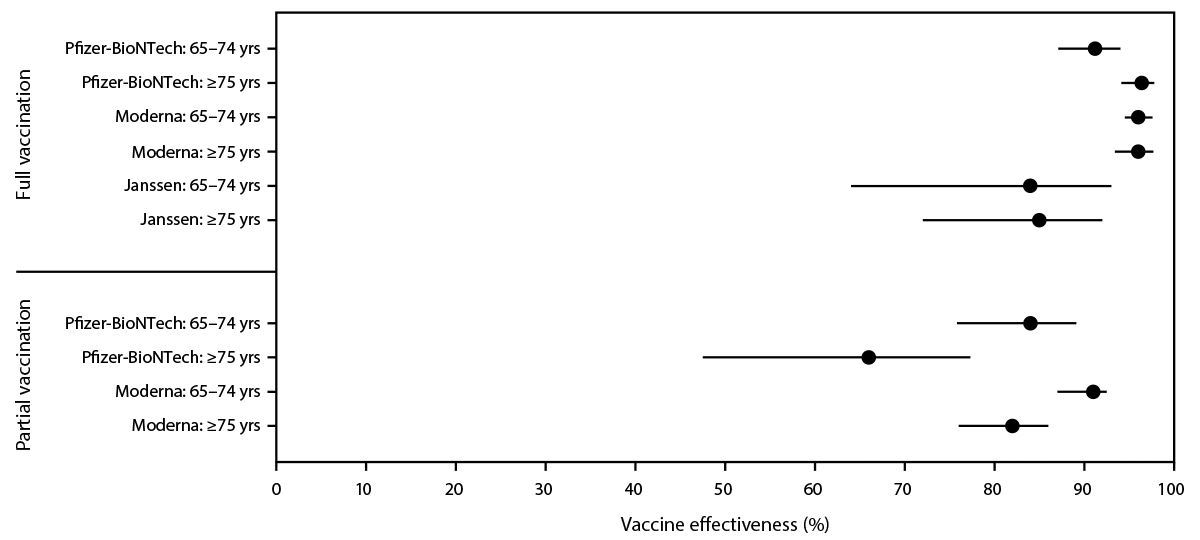Medicine is constantly evolving and improving, thanks to the efforts of scientists, doctors and innovators around the world. Every year, we witness new discoveries and inventions that have the potential to save lives, cure diseases and enhance our well-being. In this blog post, I will share with you some of the most exciting breakthroughs in medicine that happened in the past year.
## Two Groundbreaking Vaccines for COVID-19
The COVID-19 pandemic has been the biggest health challenge of our time, affecting millions of people and disrupting every aspect of our lives. The development of safe and effective vaccines against the novel coronavirus has been a top priority for the global scientific community. Among the many candidates, two vaccines stood out for their remarkable efficacy and novel technology: Pfizer's Comirnaty and Moderna's SpikeVax.
These vaccines are the first mRNA vaccines to be authorized for human use. They work by delivering a piece of genetic code that instructs our cells to produce a protein found on the surface of the virus. This triggers an immune response that prepares our body to fight off the infection. Both vaccines have shown over 90% efficacy in preventing symptomatic COVID-19 and nearly 100% efficacy in preventing hospitalization.
These vaccines are a testament to the power of science and collaboration, as they were developed in record time with unprecedented support from governments, regulators and volunteers. They have already been administered to hundreds of millions of people around the world, offering hope and protection against the pandemic.
## The First Drug Approved to Treat Progeria
Progeria is a rare genetic disorder that causes children to age rapidly and die prematurely, usually from heart disease or stroke. It affects about one in four million people worldwide and has no cure. However, in November 2020, the US Food and Drug Administration (FDA) approved the first drug to treat progeria and some related conditions.
The drug, called Zokinvy (lonafarnib), is an oral capsule that blocks a protein called farnesyltransferase, which is involved in the production of a toxic protein that causes progeria. By inhibiting this enzyme, Zokinvy reduces the accumulation of the toxic protein and slows down the progression of progeria. Clinical trials have shown that Zokinvy can extend the lifespan of progeria patients by an average of 2.5 years.
Zokinvy is a breakthrough for progeria patients and their families, who have been waiting for a treatment for decades. It is also a milestone for rare disease research, as it demonstrates how dedicated scientists and advocates can overcome challenges and find solutions for unmet medical needs.
## A Malaria Vaccine Decades in the Making
Malaria is a parasitic disease transmitted by mosquitoes that kills over 400,000 people every year, mostly children under five in Africa. Despite decades of efforts, there is no licensed vaccine against malaria yet. However, in October 2021, the World Health Organization (WHO) endorsed the first malaria vaccine for widespread use in Africa.
The vaccine, called RTS,S or Mosquirix, was developed by GlaxoSmithKline (GSK) in partnership with PATH Malaria Vaccine Initiative and other collaborators. It works by stimulating an immune response against a protein on the surface of the malaria parasite. It has been tested in over 15,000 children in seven African countries since 2009.
The vaccine has shown to prevent about 40% of malaria cases and 30% of severe malaria cases over four years. While this may not seem very impressive compared to other vaccines, it could still save tens of thousands of lives every year if deployed widely and combined with other malaria control measures such as bed nets and drugs. The WHO has recommended that the vaccine be given to children aged 5-17 months in areas with moderate to high malaria transmission.
The approval of RTS,S is a historic achievement for malaria research and public health, as it marks the culmination of over 30 years of work by thousands of scientists, funders and volunteers. It is also a promising step towards achieving the goal of eliminating malaria by 2030.
## Conclusion
These are just some of the latest breakthroughs in medicine that you need to know. They show how far we have come in advancing our knowledge and capabilities in fighting diseases and improving health outcomes. They also inspire us to keep pursuing new discoveries and innovations that can make a difference for humanity.
```
Source: Conversation with Bard
#bard







No comments:
Post a Comment